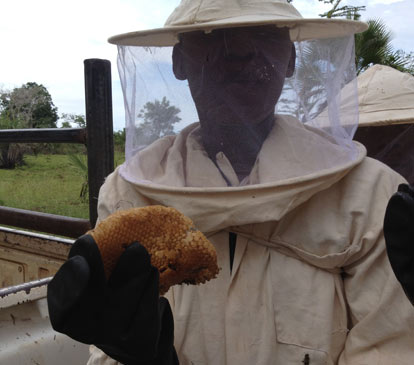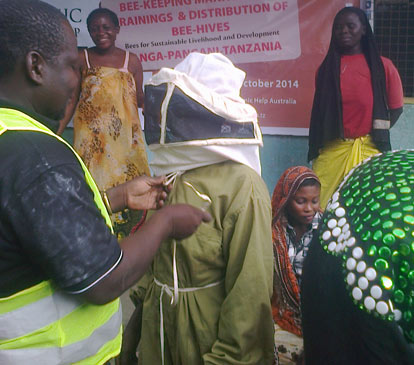Sustainable Livelihoods
Sustainable Livelihoods
The key to escaping poverty lies not in hand-outs or emergency aid but in giving communities the opportunities and tools to better their lives and improve their prospects of a secure economic future. Islamic Help has initiated livelihood projects to help the poorest achieve these aims through a variety of means.
Sustainable Livelihoods
The aim of livelihood projects is to provide families with sustainable incomes, which will improve their lives in the long term. This in turn allows for children to receive a better education, which in turn helps them find work to support themselves, helping improve the economic activity of their communities and create more jobs.
The key to escaping poverty lies not in hand-outs or emergency aid but in giving communities the opportunities and tools to better their lives and improve their prospects of a secure economic future. Islamic Help has initiated livelihood projects to help the poorest achieve these aims through a variety of means.
Bee-keeping

Number of local people benefiting from bee keeping is growing
In Tanzania, bee-keeping plays a major role in socio-economic development and environmental conservation. It’s estimated that Tanzania has about 9.2 million honeybee colonies where the production potential is about 138,000 tons of honey and 9,200 tons of beeswax per annum. However it is realising only 3.5% of that potential.
To help unlock some of that potential, Islamic Help launched a major project in 2014 in Pangani, in the Tanga region, to help reduce poverty and empower women by giving them the tools and training to take up bee-keeping.

Our teams training people to put on protective clothing
We provided training, contracted the manufacturing of the traditional wooden hives to local community carpenters and worked with government and other stakeholders. The project targeted extremely poor women and families living under US $1 (£0.62) a day. With each beehive capable of producing up to 50 litres of honey a year, each beneficiary can earn up to US $600 (approx. £372) annually, which mean the project will lift 100 families out of extreme poverty.
A total of 100 beneficiaries from 5 villages – Meka, Mseko, Mkwajuni, Mivumoni, Kigurusimba – have been trained on bee-keeping and management. The beneficiaries, all women, included the disabled, HIV, widows and orphan children. Following training, each received two bee hives to start their livelihoods.
Chickens, taxis and fishing
Islamic Help initiated livelihood projects in 2011 on Mafia Island, situated off the east coast of Tanzania, where poverty is high. Three projects were set up; a chicken farm, a taxi service and distribution of fishings nets. A chicken farm was set up because there was only one main chicken farm on Mafia Island. This farm is intended to provide a very poor family with a better income. The family consists of a farmer and his wife, who have nine children, some of whom are not yet in education, as well as his very poorly mother. The farmer has been trained on how to run a chicken farm which will help him support his family.
The rickshaw taxi service has provided four men with a job. Before they had this opportunity, they were working casually as rickshaw drivers or bus conductors. Every day they would wake up early in the morning with the hope that they would find work for that day, but sometimes would have go home disappointed, without a wage. This is the daily life of many people on Mafia Island.
For the third livelihood project, fishing nets were given to a group of fishermen. These 10 fishermen depend on catching fish to feed their families as they live on a remote Island (Bweju) where their main income is provided by catching and selling fish. The nets were provided so they could better their lives and have more fish to sell and eat.



